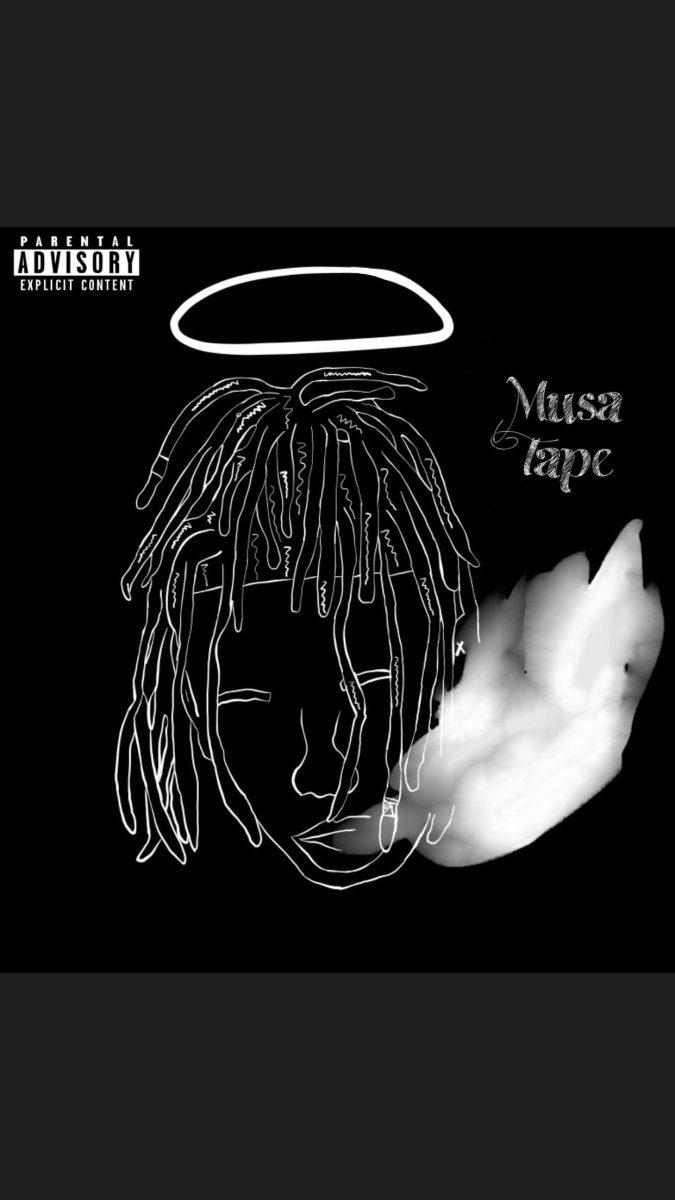Baton Rouge singer Aaron Lee Day speaks to the duality of his experience in his January 2021 album “Musa Tape.”
The album marks Day’s third official release following his 2018 EP “Free Flow” and the standalone 2019 single “Take Notes.” But the 22-year-old singer said “Musa Tape” is the first real instalment of the particular vibe he strives for in his music.
Day, who goes by the stage name Ronday, said one key in creating that vibe is examining the highs and lows of both his own experiences and those of others in his community.
“I like to speak on duality a lot,” he said, “because I feel like it’s a concept a lot of people need to grasp.”
Crucial to examining that duality is honesty, Day said. Given how intimate and personal the album is, he feels it would be untruthful to only focus on positive subjects or to cast himself in a glorified light. In order to construct an accurate portrait of himself and his experience, Day had to examine himself from an objective vantage, which means looking at the good and the bad.
He cited the first track off the album, “Suffer,” as an example of where that duality comes into play. Towards the beginning of the song, he sings:
“Ok brother I feel that shit when you suffer
Long as I’m around just know an angel fly above you
Hatred in my city like no other
Situations rising you might have to make a thug move”
“In that moment,” Day said, “I’m speaking of the deep pain that anybody coming up in Baton Rouge or any poverty-stricken community would feel when it comes to gang violence, or when it comes to just not having enough to eat, not having an abundance in any area.”
However, Day doesn’t dwell on that suffering, but goes on to explore the strength and beauty that can come of it. Later in the song, he takes on a tone of self-affirmation, commending the confidence and resilience he’s developed as a result of painful experiences.
Such is the duality Day explores throughout “Musa Tape.” Despite what he and his friends, family and community may have endured, there is always something to be built upon that experience, always an opportunity to learn and to better oneself—as a person, but especially as an artist.
And perhaps that’s why Day had to struggle as he did to find his voice. He had to live a while, to learn himself, in order to know how he wanted to sound. The level of introspection he achieves on the album is no small feat; it requires maturity and experience. It took a period of sonic experimentation and self-exploration for Day to arrive at the carefully-curated vibe that he’s achieved in “Musa Tape.”
“Now I feel like I’m more of an individual in the studio,” he said. “When I create, I leave an impression.”
And beyond Day’s exploration of duality and his striving to weave an honest representation of his experience, another layer of creative intrigue is introduced by the album’s title.
Day said the name “Musa Tape” is an homage to the thirteenth century Mali Emperor Mansa Musa, who is widely acknowledged as one of the wealthiest and most generous individuals to have ever walked the earth (he was known for haphazardly giving away his riches to the extent of disrupting the entire European economy).
“I named the tape ‘Musa’ because I believe in honoring those in the past within my culture who were great sources of positivity … so I’m paying homage to a great man whom I admire while manifesting wealth so that I can pass that on and empower my people just as he did,” Day said.
That historical reference lends a powerful significance to “Musa Tape.” Day not only reflects on his own experience but connects it to a broader history of Black empowerment, opening up a space of celebration both for himself and for those who came before him.
Album Spotlight: Ronday’s “Musa Tape”
February 26, 2021
Ronday’s “Musa Tape
More to Discover









